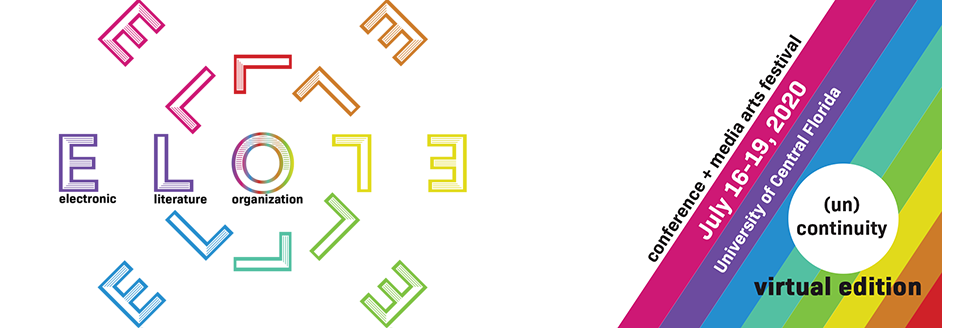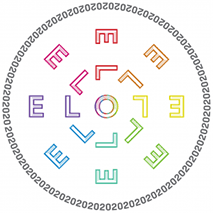Loading...
Submission Type
Conference Talk - Individual
Abstract
In a discussion of mid-nineteenth century “yellowbacks,” cheap, pocket-sized editions of popular novels sold on rail networks, Kevin J. Hayes argues that by making book-reading passengers less likely to engage with others, paperbacks and trains “helped depersonalize travel,” and promoted a culture of reading “away from home” where people might opt for sensational stories too flighty for domestic space. An effect of rail travel, railway reading was, thus, isolating and experimental. The story of railway fiction provides a background for my consideration of contemporary cell phone fictions as affording an un-continuous connection between a traveler’s here and there. That is, cell phone fiction is necessarily mobile, shifting context as a reader moves from place to place, and cell stories play out in an in-between space. This liminal characteristic is manifested both in readers using a cell story to pass time on route and also in the narrative presentation where users are neither wholly immersed in a fictional setting nor engaged in their current reality of travel. My discussion explores how chat novels allow for a sense of real and simulated connectivity that can provide readers with a sense of control over their position in shared, transitory spaces. I consider how chat novels, or text fictions, shape in-between, mobile experiences in which readers experiment with their sense of place and of passage.
Stories that Go Between: Cell Phone Fiction and the Experience of Travel
In a discussion of mid-nineteenth century “yellowbacks,” cheap, pocket-sized editions of popular novels sold on rail networks, Kevin J. Hayes argues that by making book-reading passengers less likely to engage with others, paperbacks and trains “helped depersonalize travel,” and promoted a culture of reading “away from home” where people might opt for sensational stories too flighty for domestic space. An effect of rail travel, railway reading was, thus, isolating and experimental. The story of railway fiction provides a background for my consideration of contemporary cell phone fictions as affording an un-continuous connection between a traveler’s here and there. That is, cell phone fiction is necessarily mobile, shifting context as a reader moves from place to place, and cell stories play out in an in-between space. This liminal characteristic is manifested both in readers using a cell story to pass time on route and also in the narrative presentation where users are neither wholly immersed in a fictional setting nor engaged in their current reality of travel. My discussion explores how chat novels allow for a sense of real and simulated connectivity that can provide readers with a sense of control over their position in shared, transitory spaces. I consider how chat novels, or text fictions, shape in-between, mobile experiences in which readers experiment with their sense of place and of passage.




Bio
Kristine Kelly is a Lecturer in English at Case Western Reserve University, teaching primarily in the General Education program. Her research and teaching focus on British colonial and post-colonial Anglophone literature and cultures, especially regarding travel and mobility. She teaches and writes about digital literature and experiments with digital pedagogy. She spends a lot of time thinking about walking, mapping, and her dogs.